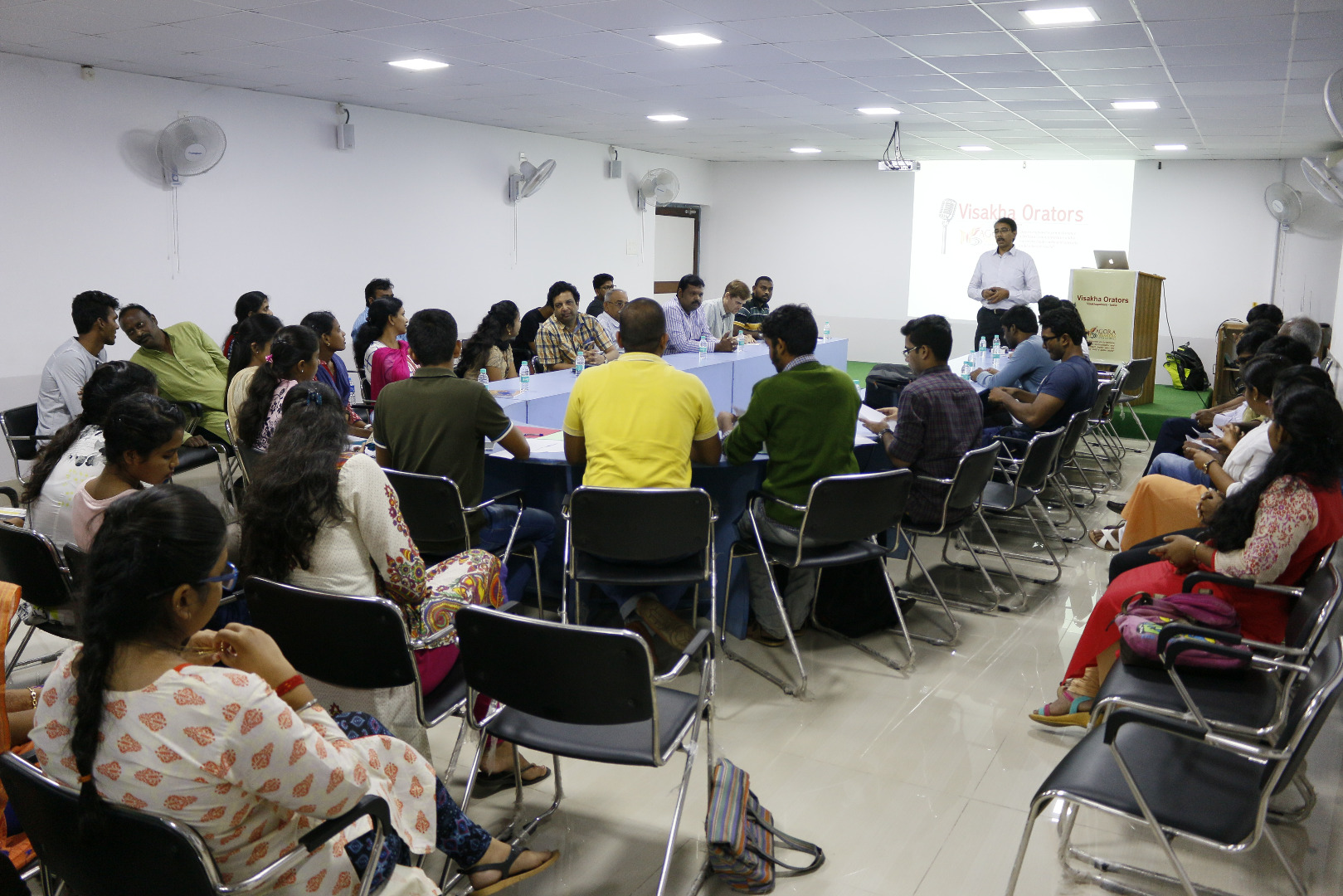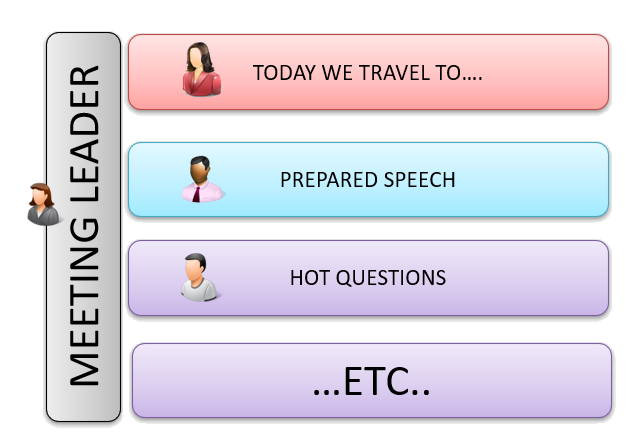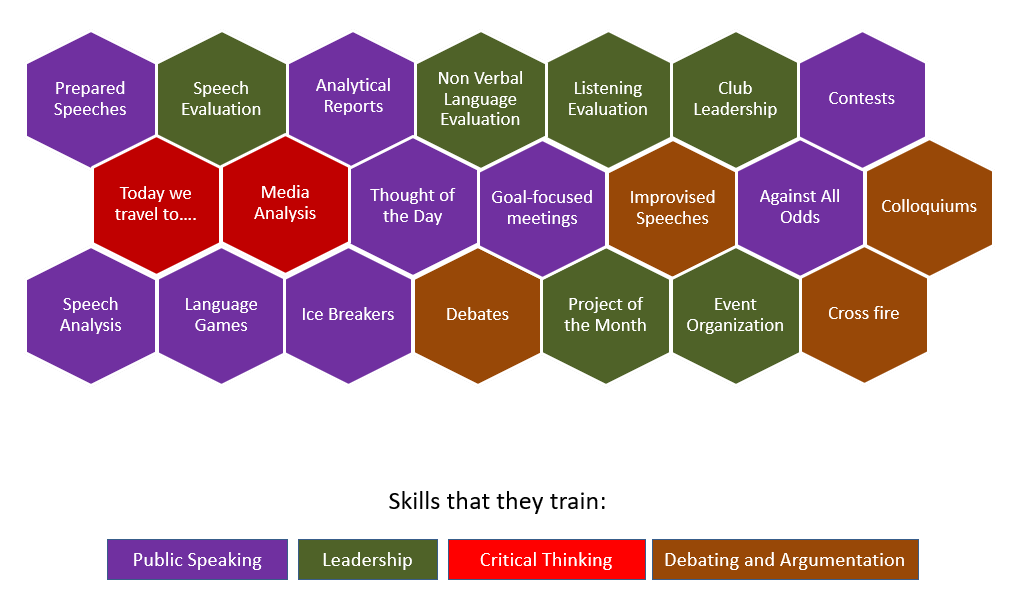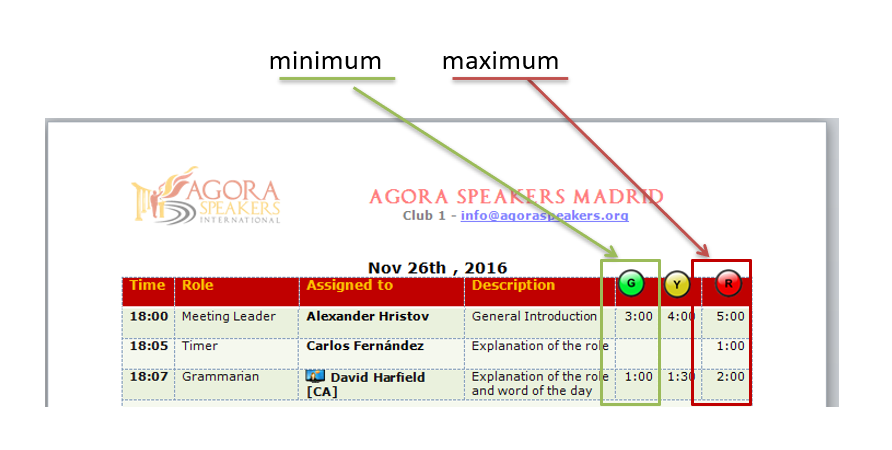
Agora Speakers' clubs provide a supportive and friendly environment where members can learn and practice the basic skills of public speaking and leadership. There you will find not only a welcoming atmosphere that encourages practice, but you will also be part of a community that will help you with your projects, share experience, and provides valuable feedback on the ways you can improve. You may also find a mentor who will guide you as you progress throughout the basic path's first projects.
In an Agora Speakers club, there are no "experts" or "teachers" (and club meetings are not - in general - "seminars" or "workshops") - everyone is there for their own learning process, everyone has something to learn and to improve, everyone is your peer and your equal.
You can view clubs as a "sandbox" where you can learn to control your nervousness, stage fright, or a place to overcome your shyness. Many people also use clubs to practice specialty speeches that they need to present elsewhere - from toast speeches to best man speeches, from normal meeting presentations to keynote speeches at conferences.
Clubs are legally independent entities, separate from Agora Speakers International but affiliated with it. As such, we try to strike a balance between ensuring a uniform experience for members around the world regardless of which club they attend and at the same time giving Clubs freedom and autonomy to organize themselves, be creative and innovate so for the benefit of the whole organization.
Club Meetings
Clubs can meet in English or many other languages, and some clubs are bilingual. Although English is the "official" working language of Agora Speakers, we actively encourage clubs and groups to use local languages to reach as many people as possible. In fact, you may find that some people come to clubs to improve their control of a particular language.
A club may meet physically, virtually, or a combination of both. The largest educational benefit is reaped at physical meetings, and in fact, our Educational Program requires attending at least some physical meetings to complete it.
A club meeting is not a social improvised activity where members only meet and talk but is a carefully planned event with a specific Agenda and is conducted by a Meeting Leader (which is a volunteer role that changes from meeting to meeting). In a meeting, you will see different "sections" or "activities", such as "Today we travel To", "Hot Questions", "Prepared Speeches", etc.:

There are literally dozens of possible activities that may happen at a club meeting, and they keep growing. We have a special chapter for the full list. Each activity trains a different set of skills. Here's a summary of some of the activities currently defined:

Who does what activity? That's decided by the members themselves, who volunteer for roles at the meetings, depending on their interests and skills they want to learn or practice.
Clubs also organize many other activities, such as contests, leadership events, parties, and many others.
Timing and Evaluation
Usually, meetings last between 1 and 2 hours, although we've seen even 4-hour long meetings in some clubs.
All the activities have a strict amount of time allocated to them - a person cannot simply take the stage and deliver a four-hour speech. There are a minimum and a maximum duration for every activity, and that is specified in the Agenda:

To learn and improve, each participant receives feedback about his performance based on the activity's general evaluation criteria. Additionally, members and guests may provide their own generic feedback.

Activity Types
As explained previously, many activity types can happen during a club meeting.
Most of these activities (such as Hot Questions, Thought of the Day, etc.) always have the same structure and educational goals. Although they do change in content (obviously, not everyone will always speak about the same thing in the Thought of the Day section), the purpose doesn't change.
Not so with the Prepared Speeches activity. Each Prepared Speech is a project that is part of a sequence that forms an Educational Path. Each project has concrete goals that differ from project to project. For example, one project can be about vocal variety, another about visual aids, and another about using emotion. Check the Educational Program Overview for a more detailed explanation.